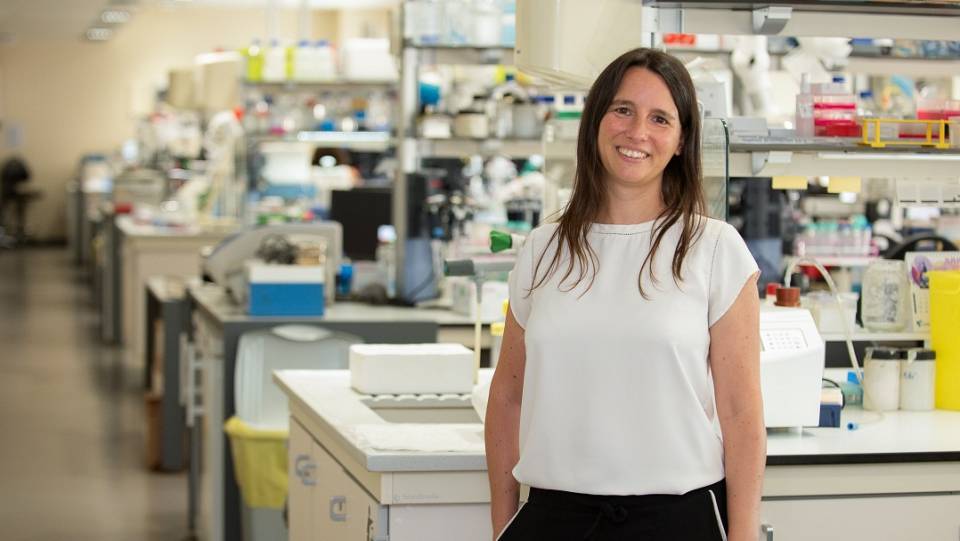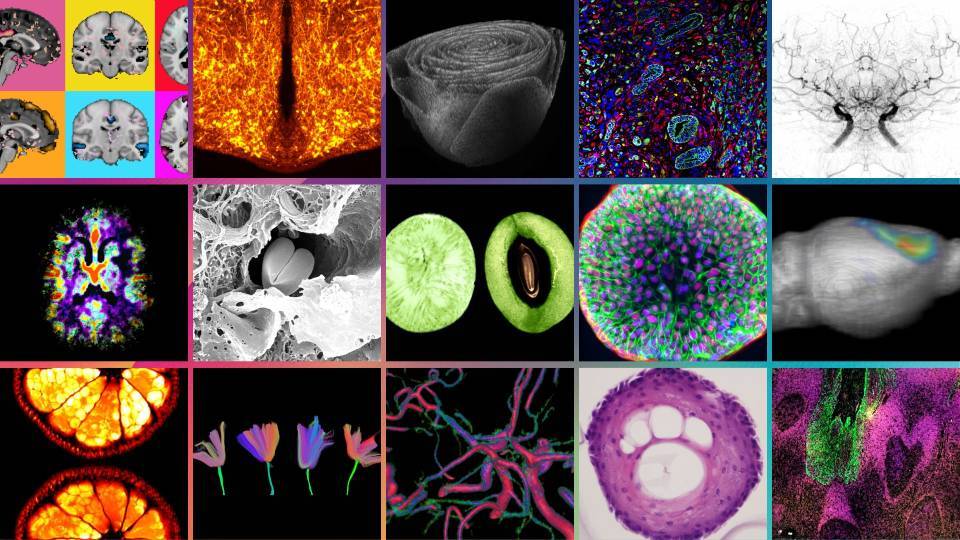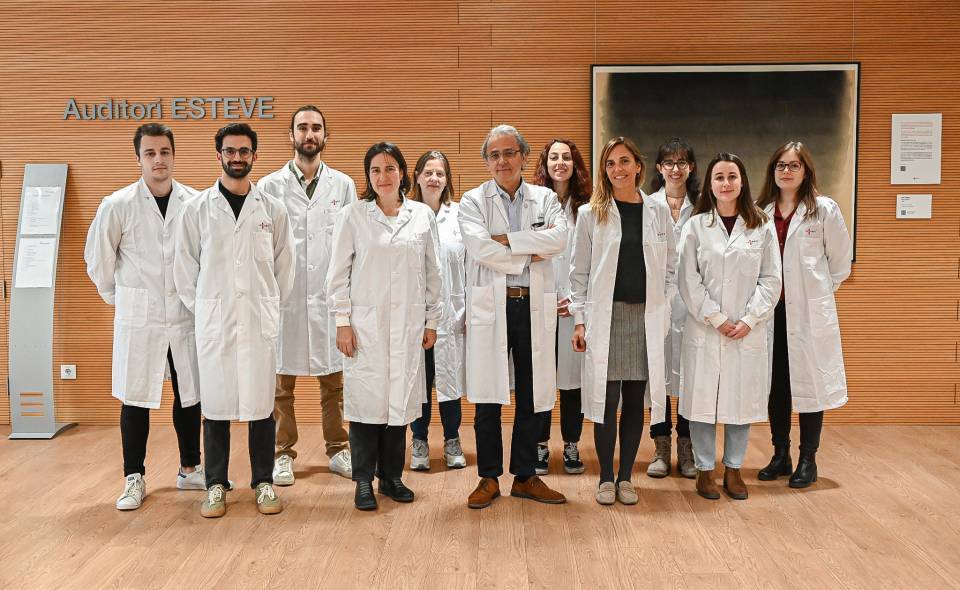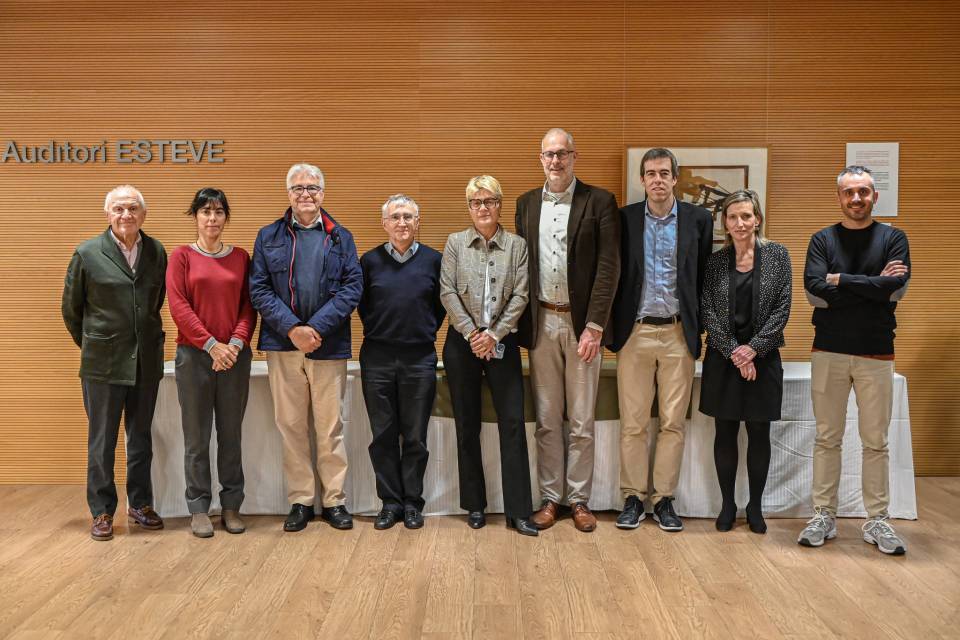Immunotherapies are a type of treatment that uses the cells of the body's own immune system to fight cancer. Immunotherapies based on T-cells, such as CAR-T cell therapy or the transfer of tumour-infiltrating lymphocytes, have shown remarkable efficacy against leukaemia, lymphoma and other types of blood cancers. However, with solid tumours, the results are less encouraging so far. One of the main obstacles to successful treatment is T-cell fatigue or exhaustion as, after fighting cancer over long periods of time, these cells lose the ability to eliminate it.
Seeking to resolve this problem, the T-FITNESS project aims to develop synthetic circuits based on small RNA molecules, or microRNAs, capable of modifying the expression of genes that promote T-cell exhaustion.
T-FITNESS is a European project supported by funding of 3,789,472 euros from the European Innovation Council’s Pathfinder Challenge. The multidisciplinary consortium that will implement the project includes academic institutions and companies from five European countries. These members will combine their expertise in T-cell therapy and immunology, synthetic biology, genome editing and bioinformatics. Luca Gattinoni, of the Leibniz Institute of Immunotherapy, is the project coordinator. The participant from IDIBAPS is Sònia Guedan, a researcher in the Hematopoietic progenitor call transplantation group led by Álvaro Urbano-Ispizua.
Guedan is an expert in the development of CAR-T cell therapies and in the study of cellular exhaustion. With her team, she will seek to identify the genes and microRNAs that regulate this phenomenon, using the information generated to develop, in cooperation with the other T-FITNESS consortium members, new therapies that are resistant to T-cell fatigue or exhaustion.
The other partner organisations are: the French National Centre for Scientific Research, the Italian Institute of Technology Foundation, the Swiss Federal Institute of Technology of Zurich and two companies, MILTENYI Biotec and Innovation Acta.




